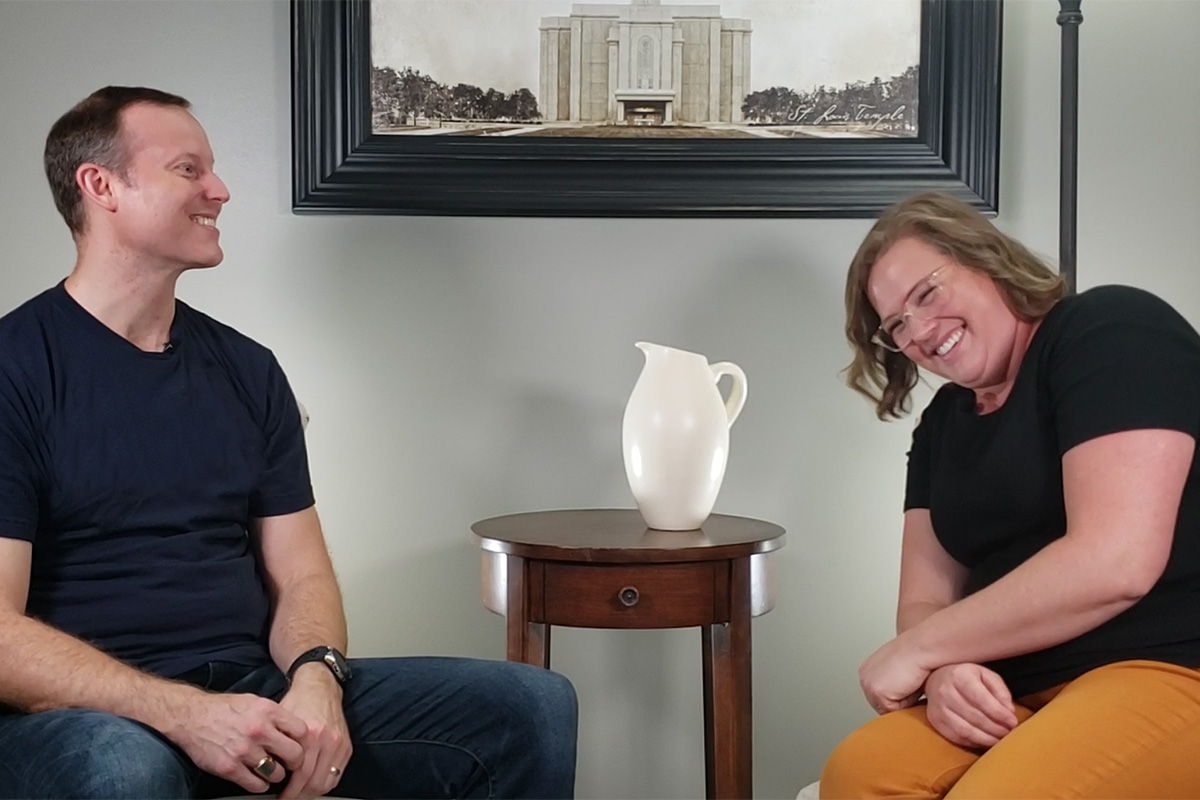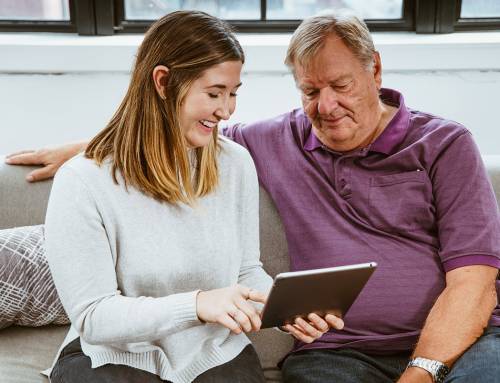I had the opportunity recently to present at RootsTech Connect 2022. The focus of the presentation was on the benefits of sharing personal histories. There are many and it’s worth watching to see how sharing our story with others can:
- Increase feelings of fulfillment and happiness
- Improve your health
In a world where 70% of us use social media and the typical social media user spends 2 1/2 hours a day on social media, sadly, feelings of loneliness are at an all-time high. 3 in 5 Americans report feeling lonely, with similar levels throughout the world.
Julianne Holt-Lunstad, a psychology professor at Brigham Young University and one of the foremost researchers on the topic, has found loneliness to be a predictor of premature death. Her research shows it to be more serious than obesity and the equivalent of smoking up to 15 cigarettes a day. Sadly, loneliness is also linked to:
- depression
- anxiety
- heart disease
- substance abuse
- many other issues
Dr. Jennifer Doty, an assistant professor of Youth Development and Prevention Science at the University of Florida with a PhD in family social science, shared the following about passive social media usage:
The passive content tends to lead to comparisons and it tends to lead to magnifying a depressed mood or a lonely mood and feeling like that sense of FOMO, fear of missing out, that “I’m not getting to do what other people are doing.” “I’m not as good as other people.” And it leads to negative outcomes.
(Dr. Doty’s book, Parenting Teens in Stressful Times, discusses the challenges parents face as they help their children navigate their social world. It provides assurance, hope, and tips for developing resilience through families and communities.)
Developing strong relationships
Fortunately there are ways to reverse these negative trends. The Harvard Study of Adult Development has conducted an 80-year ongoing research project that has demonstrated that, “close relationships, more than money or fame, are what keep people happy throughout their lives.”
As we’re learning, social media usage can either cause severe loneliness with catastrophic mental and health consequences or, when used effectively, lead to incredible relationships that result in fulfillment and lasting health.
But, like anything worthwhile, developing appropriate social media habits takes focused effort. It requires you to make time to be with people (even if you’re not together in-person). It takes asking sincere questions and giving authentic answers. It requires vulnerability.
The presentation provides examples of effective conversations, in which you will sometimes be the storyteller and sometimes the facilitator. As the storyteller, your job is to share an authentic, appropriately vulnerable story. As the facilitator, your job is to help the storyteller dive deeper and fill in gaps to the story. Both roles require active participation. Everyone in the conversation goes in and out of these roles as we get to know each other better.
Sharing your experiences
Early Me makes the process of sharing your experiences and strengthening your relationships fun and engaging. It enables family members to ask and answer questions. You can share videos and photos. You can even share experiences of deceased family members to further understand your heritage and the family history that contributed to who you are.
The Early Me Project empowers community members to also share their experiences with each other, further extending the benefits of strong relationships.
Close relationships aren’t only possible, but critical to living a fulfilling, well-balanced, and happy life. Distance doesn’t have to prevent close relationships and social media doesn’t have to lead to loneliness. We can be close, even when we’re far apart, and develop deep relationships even while using tools often used to entertain. It takes a shift in our approach to social media and a commitment meaningfully engage. But the results will literally impact your life.


